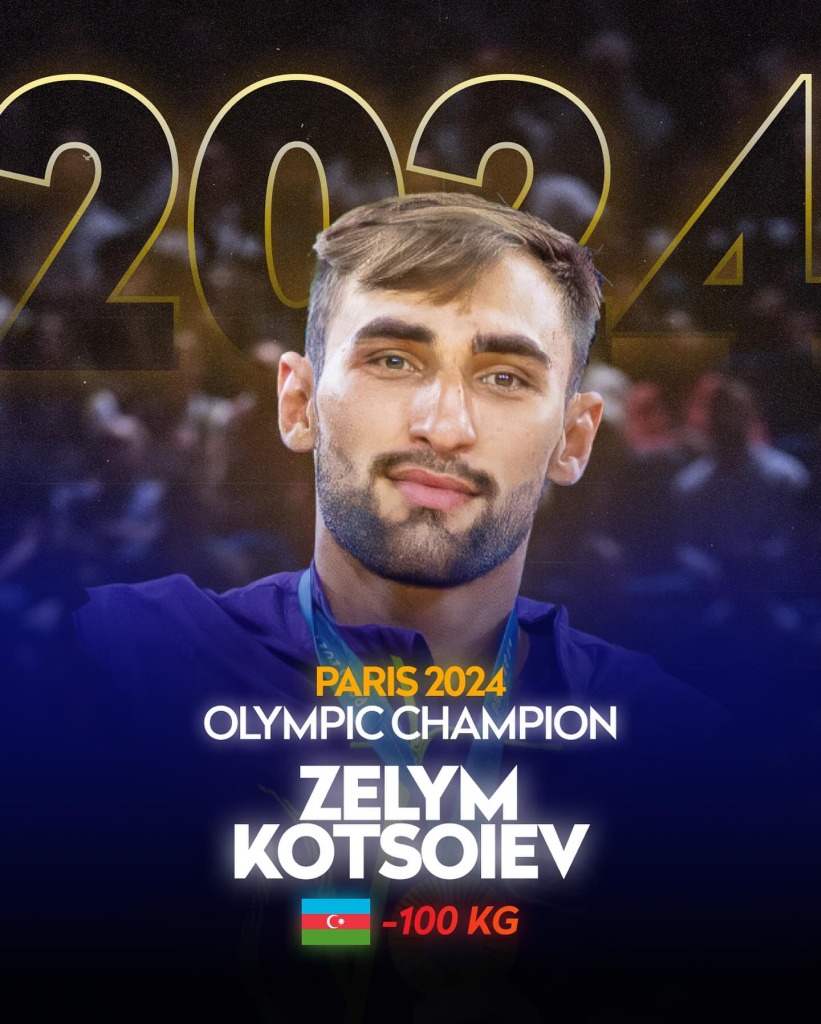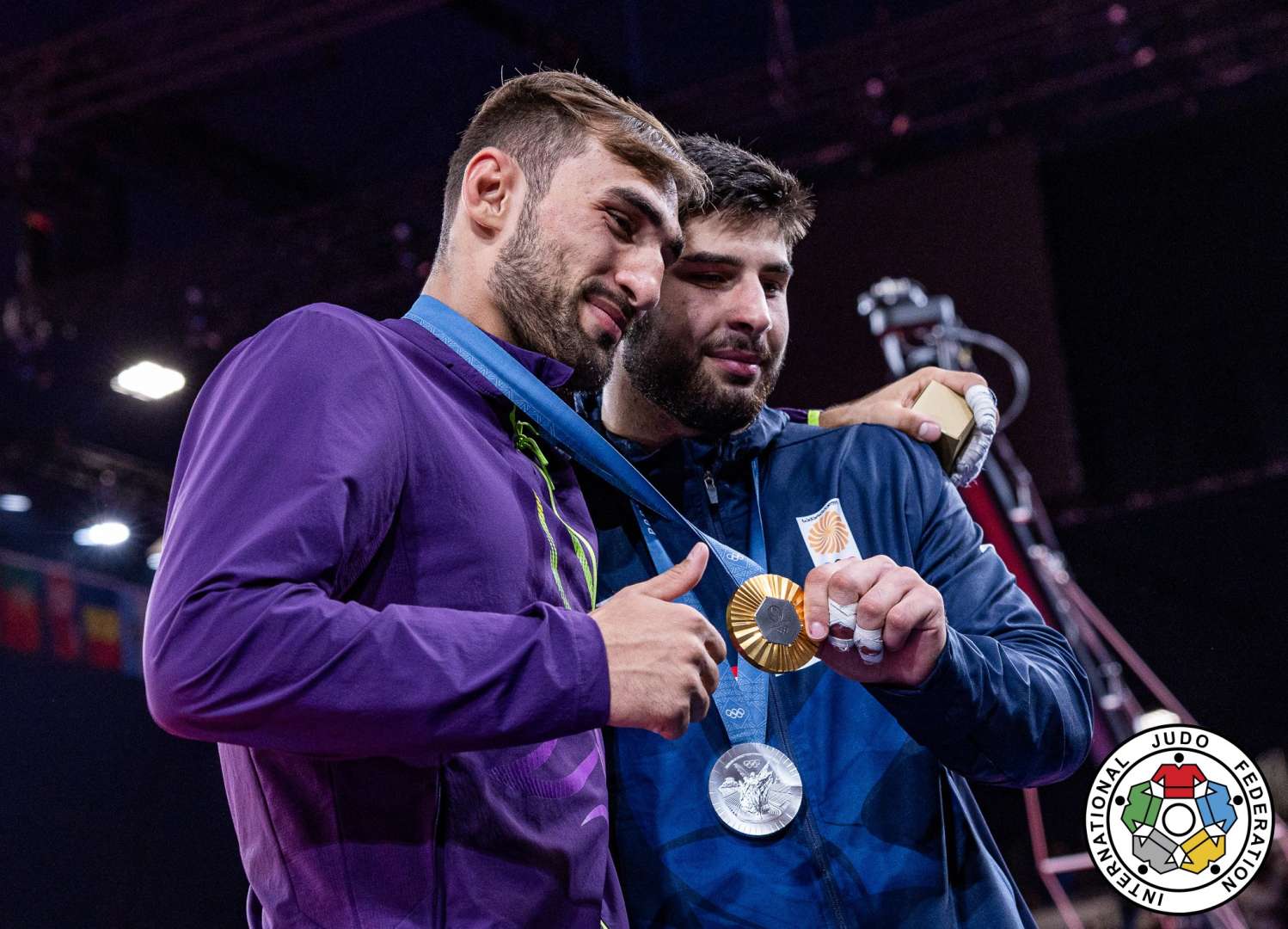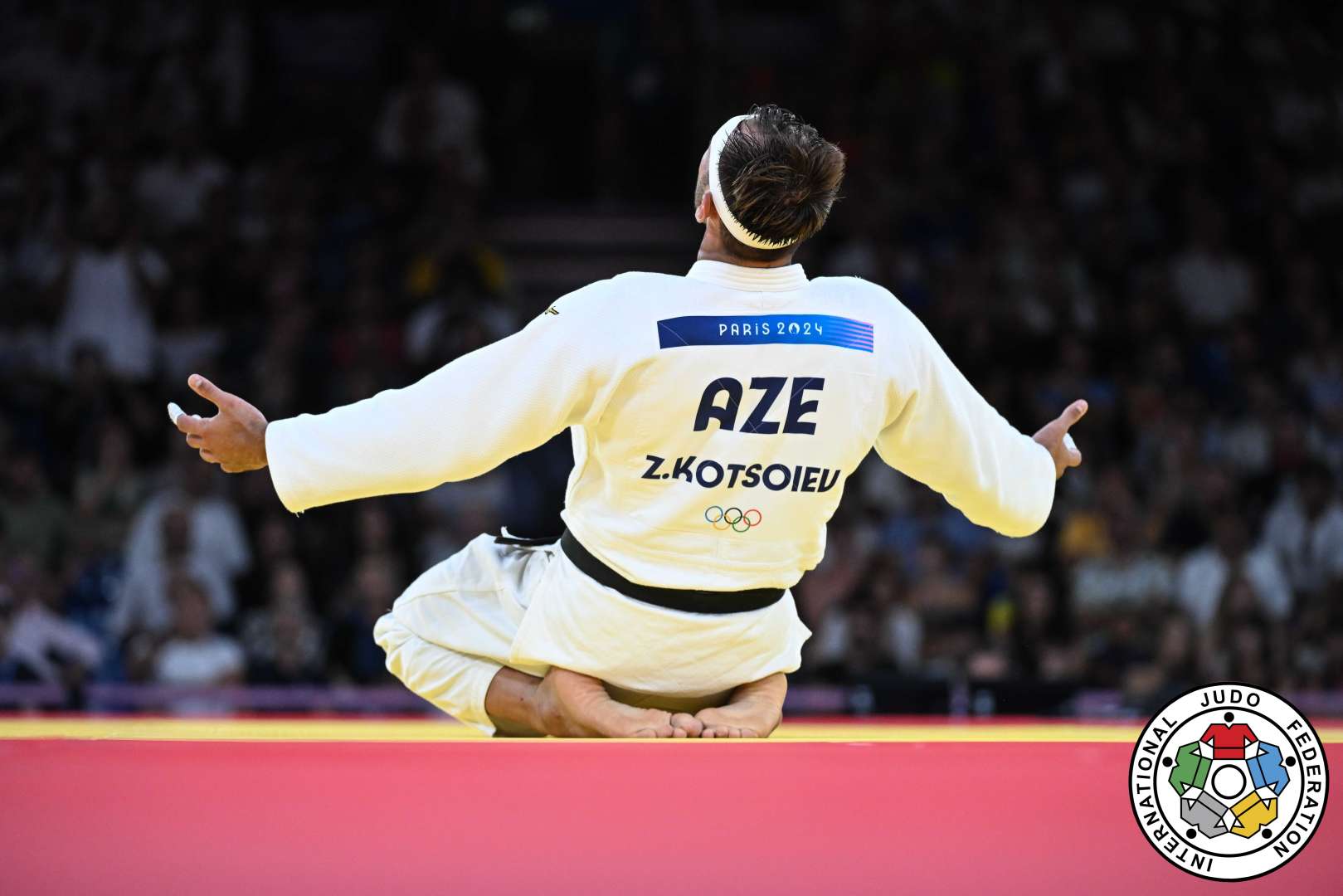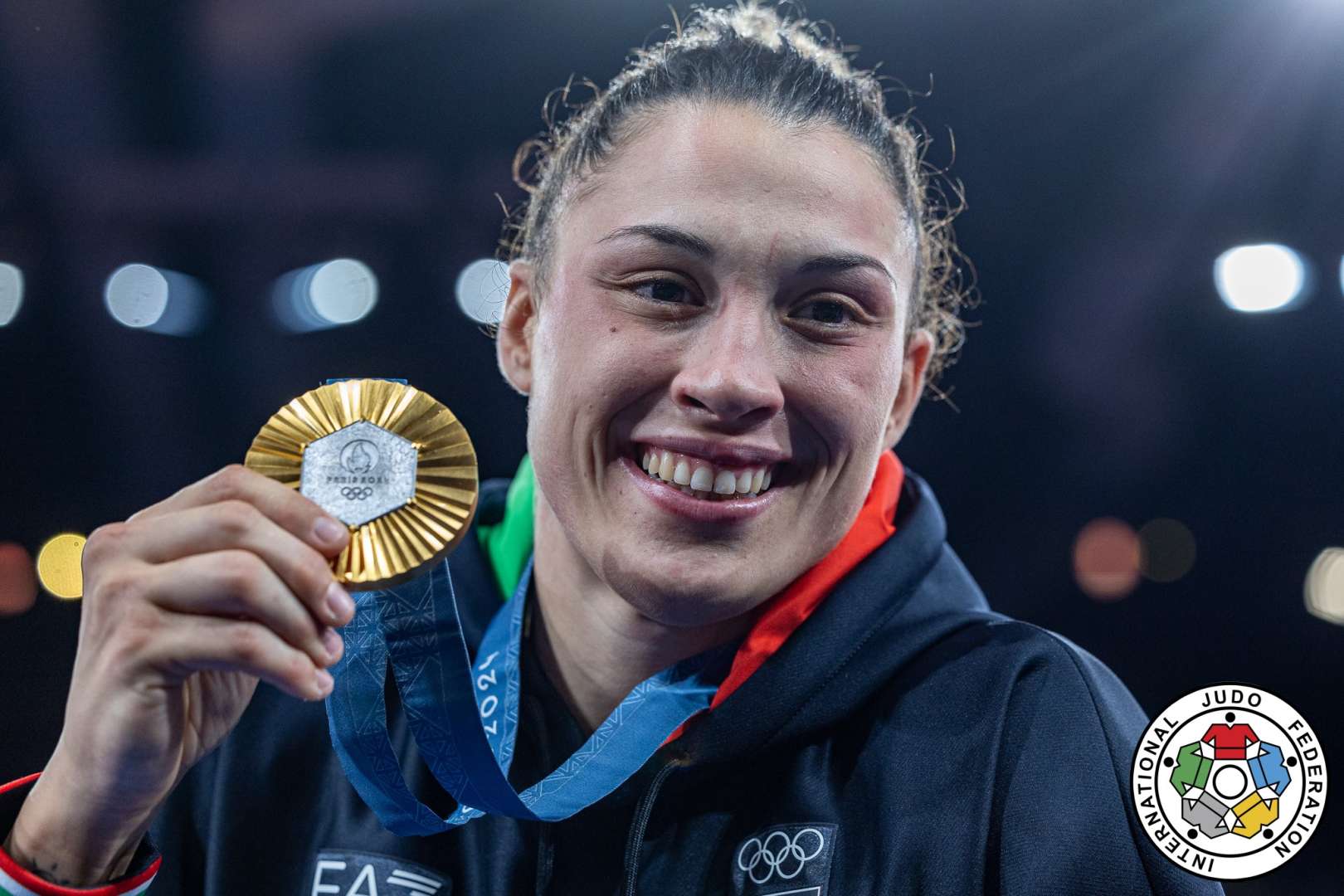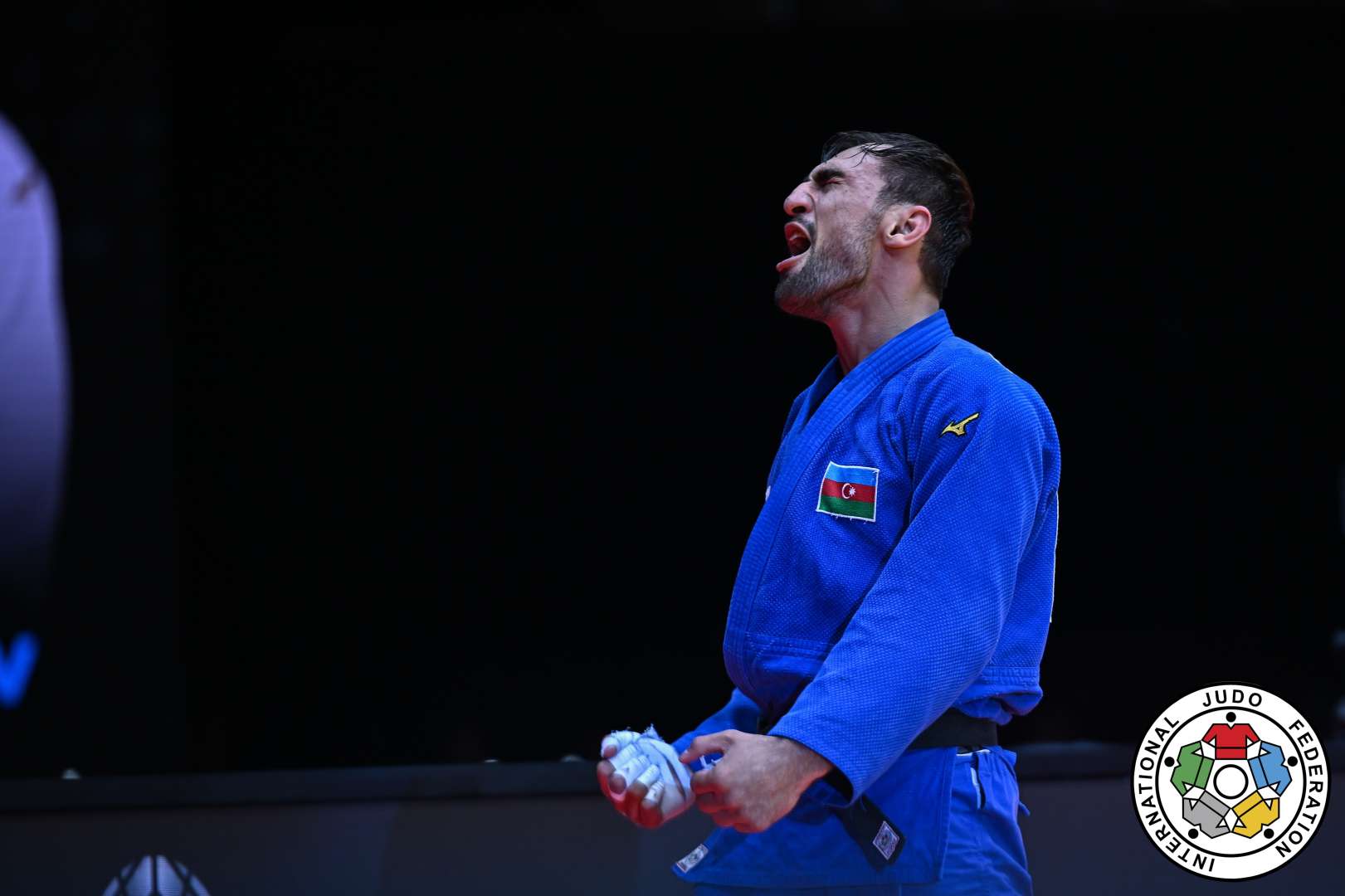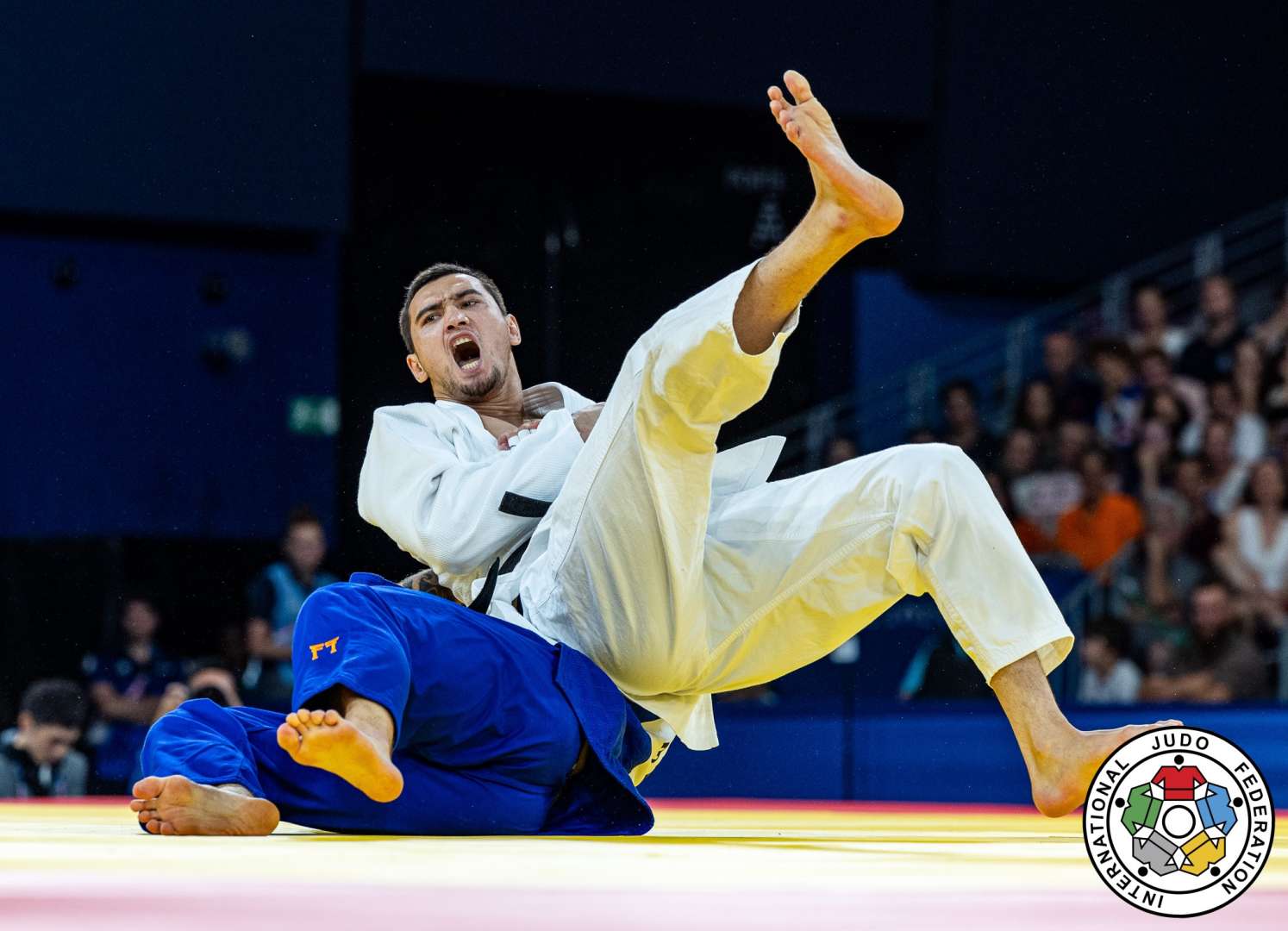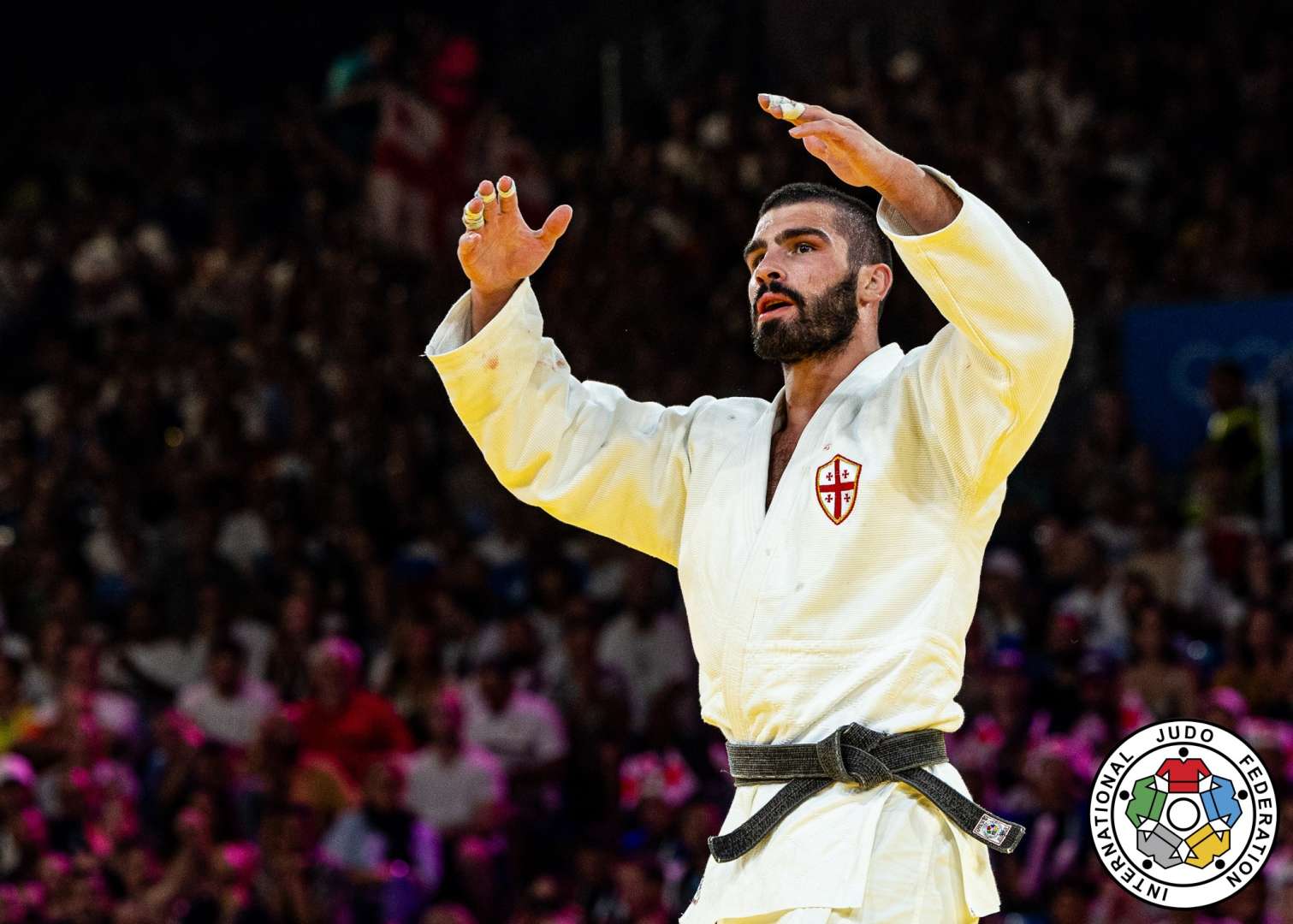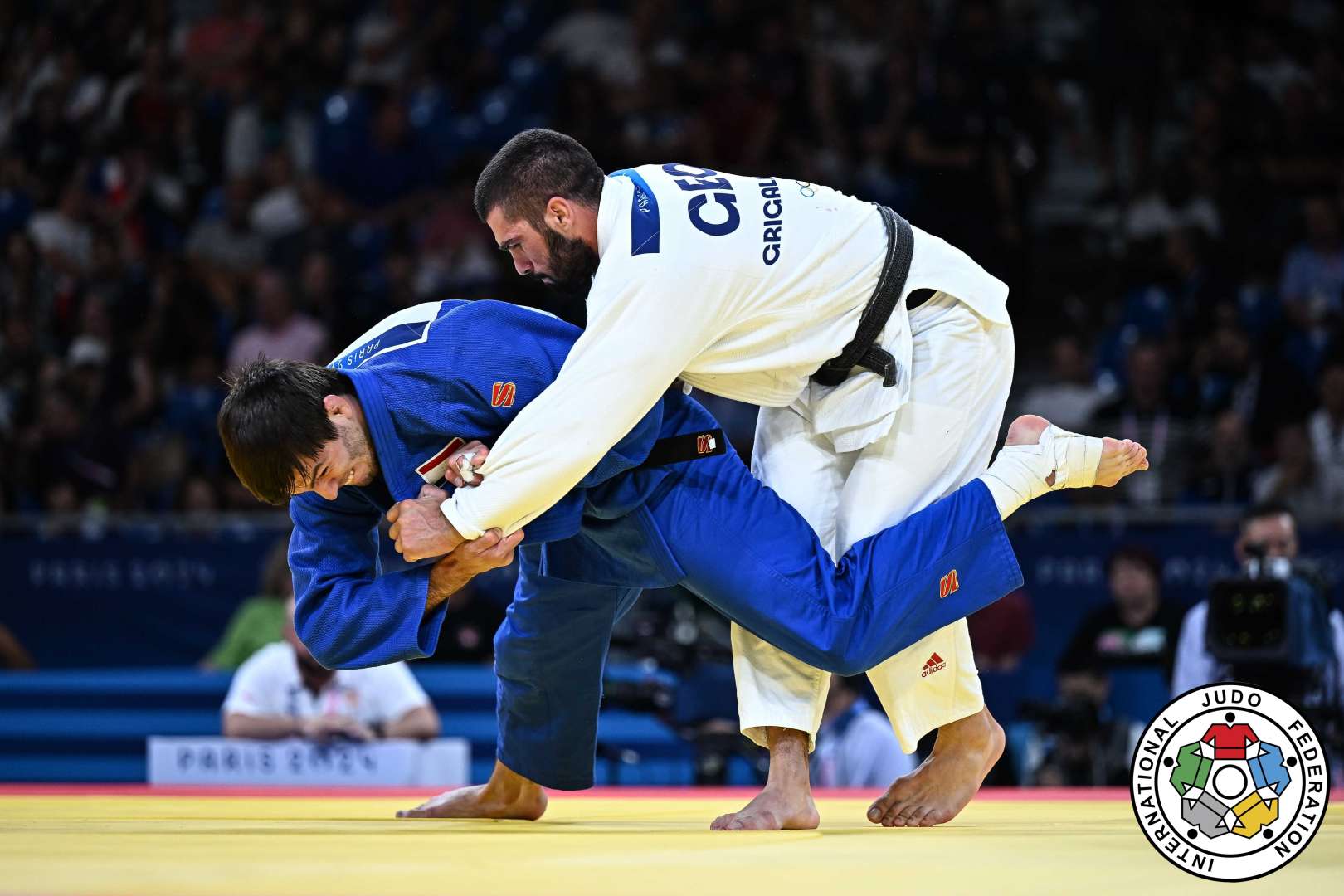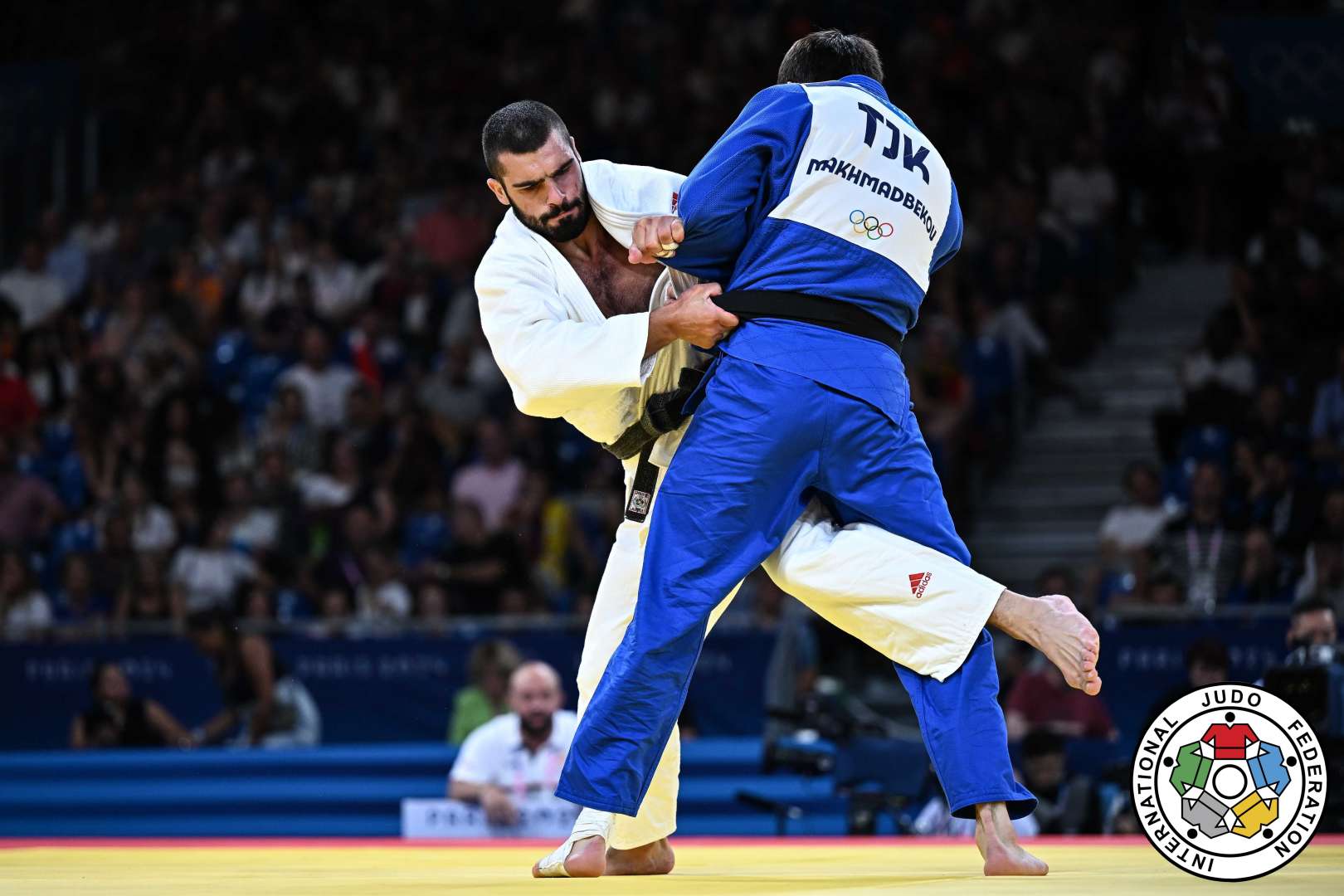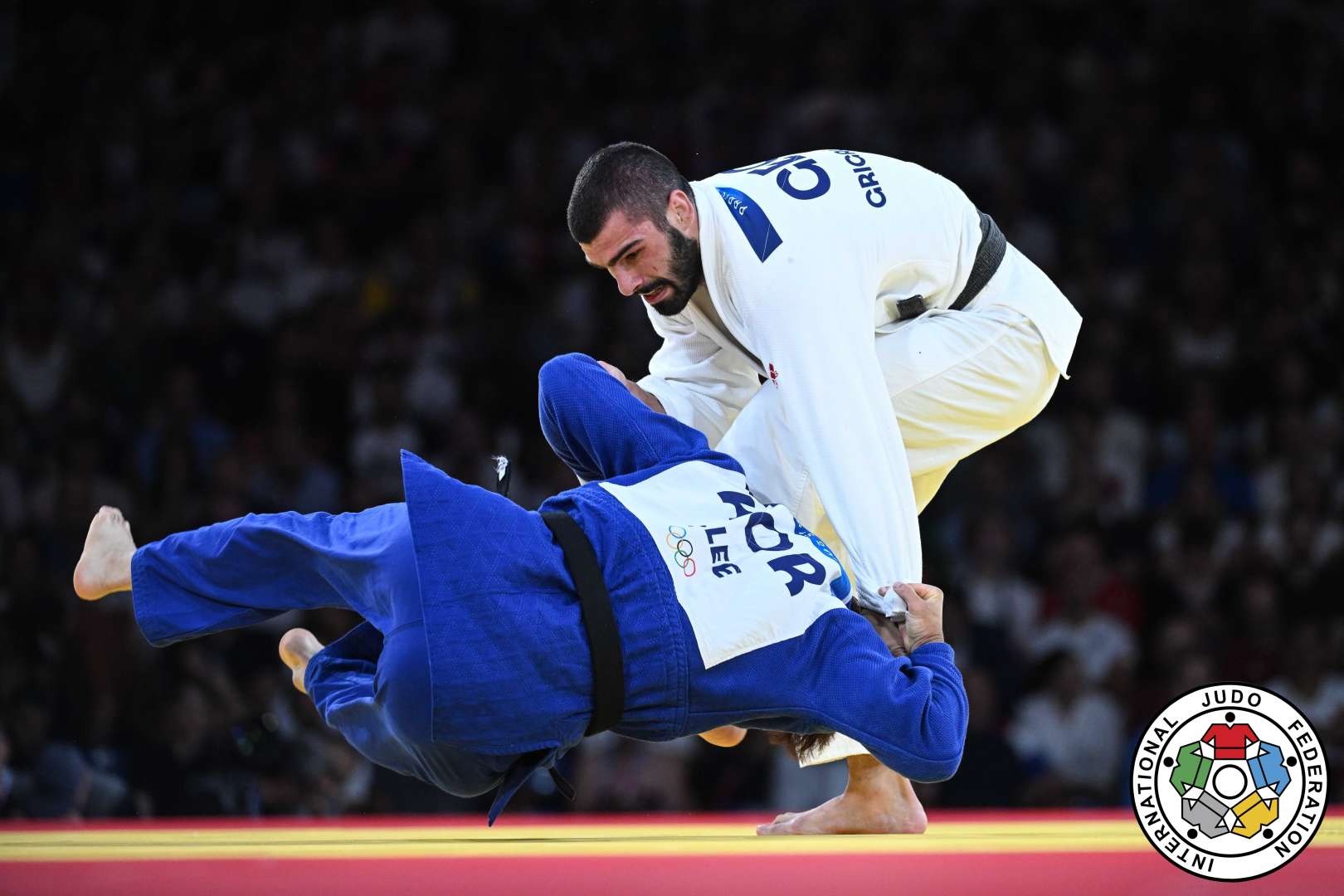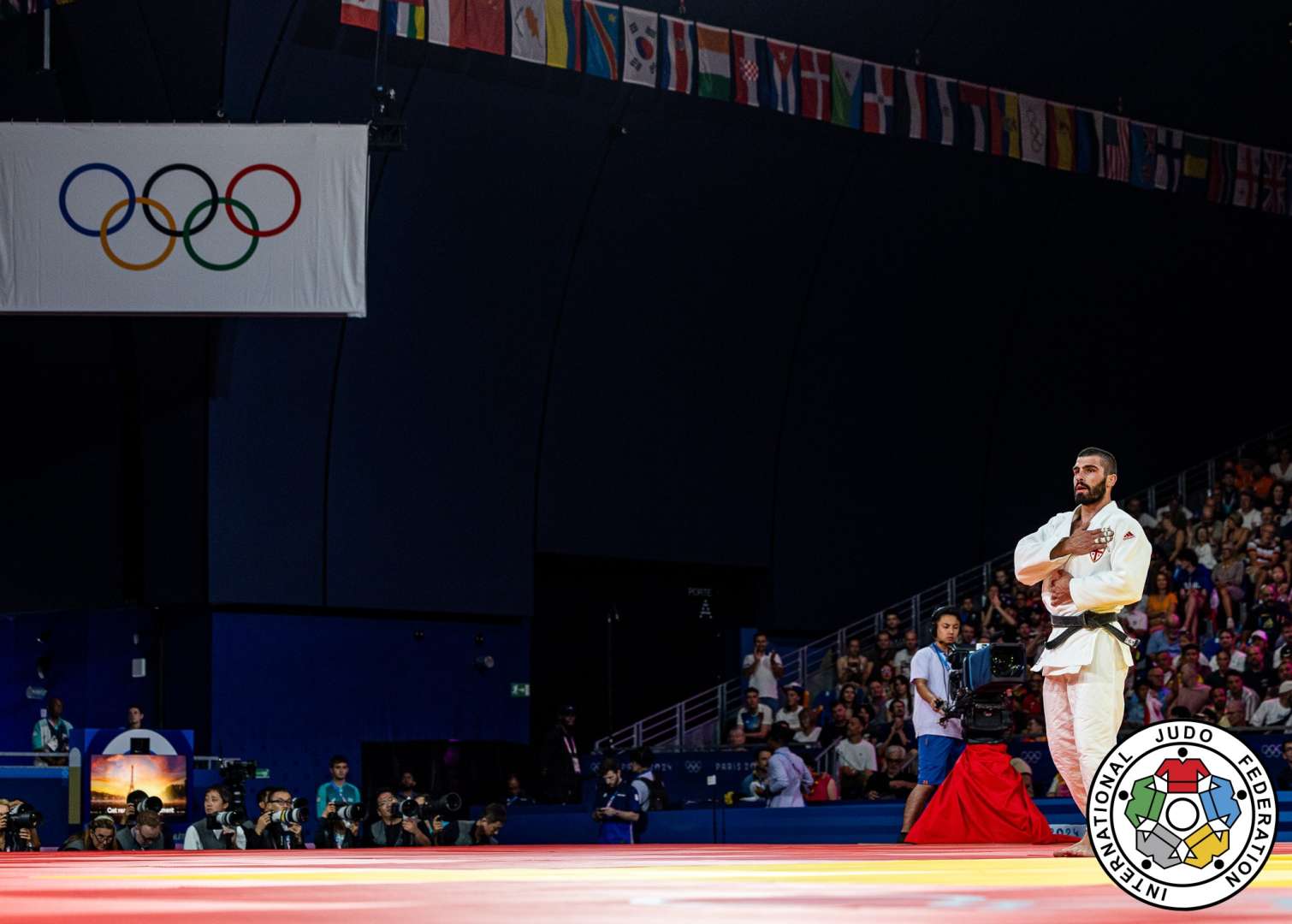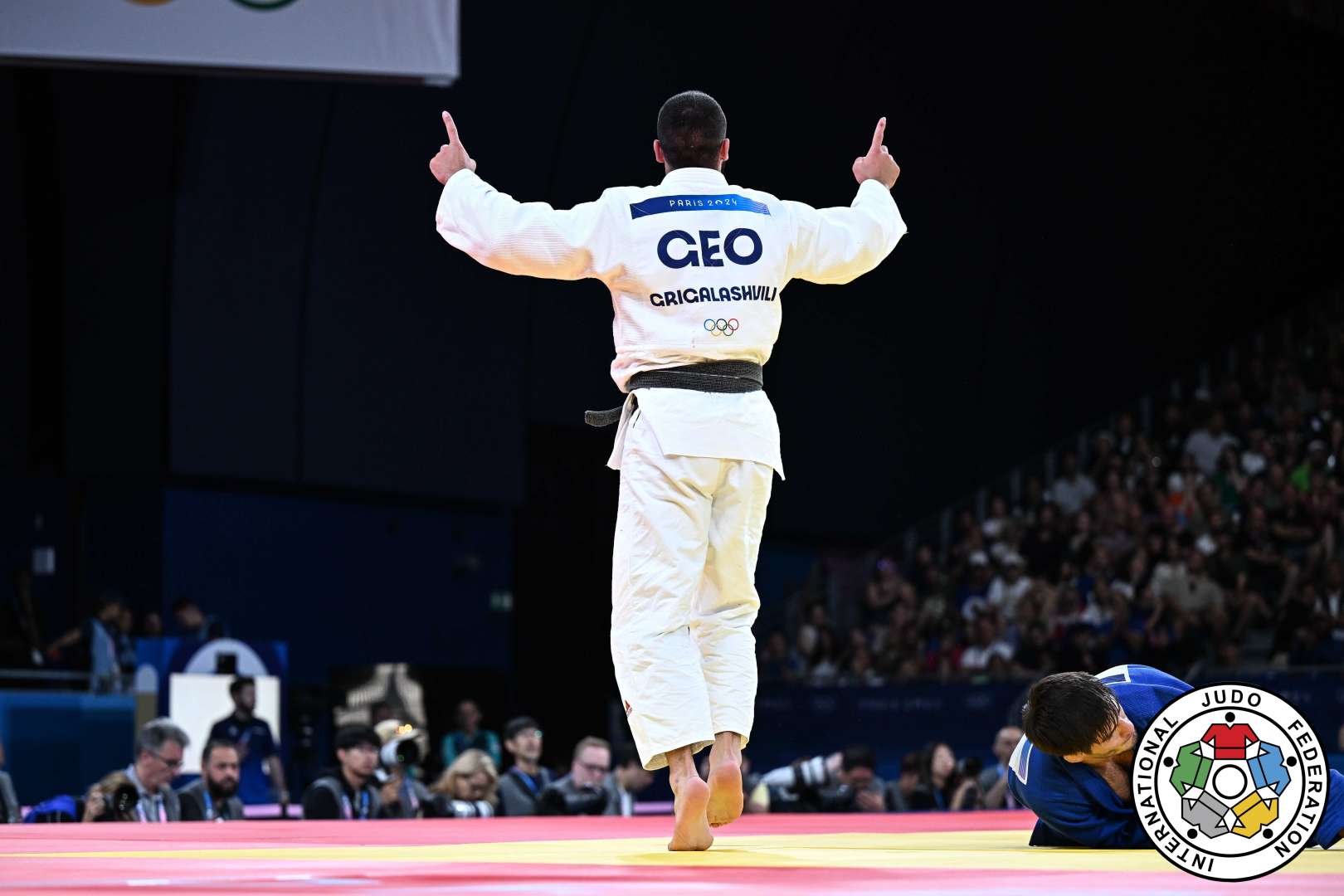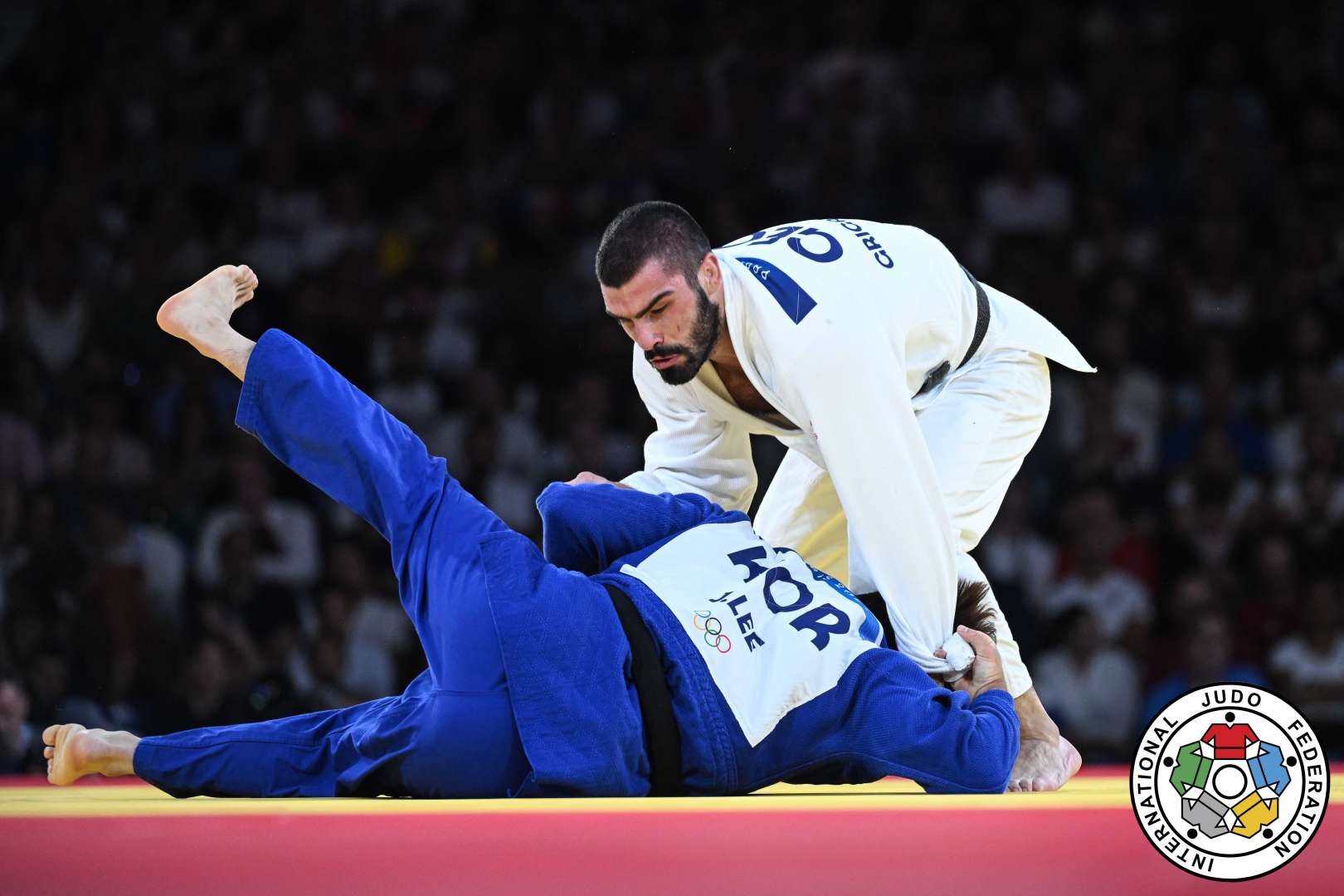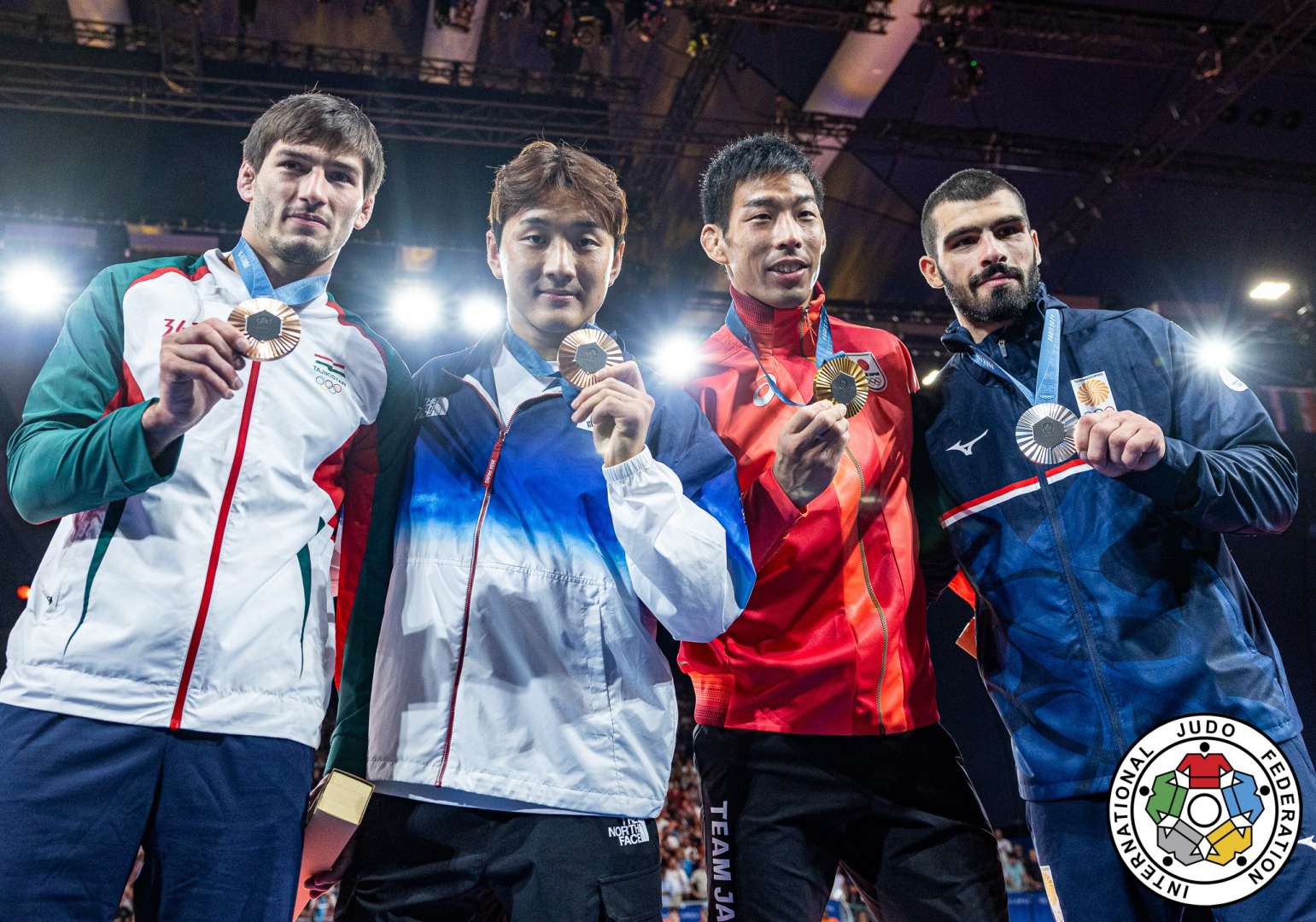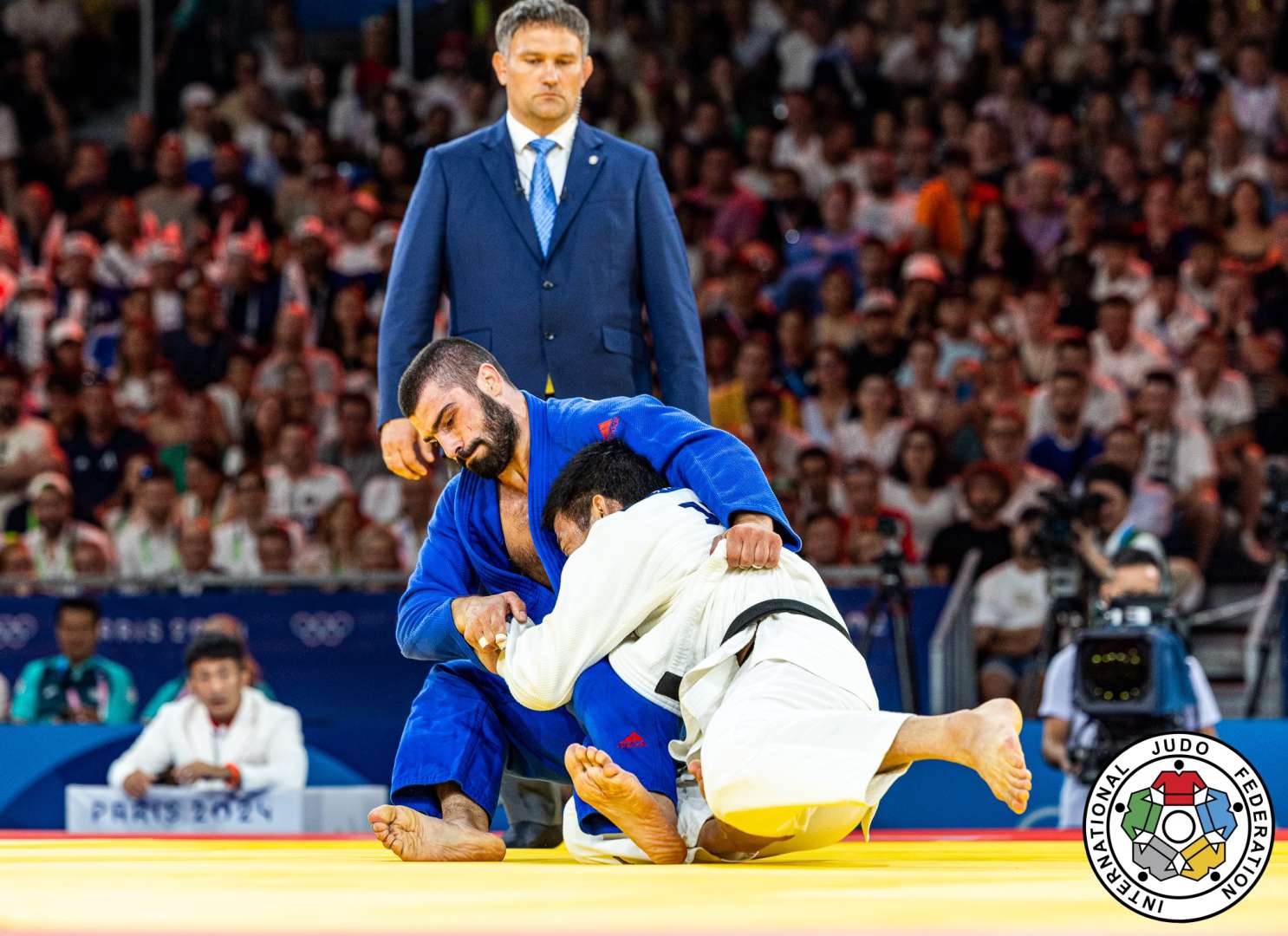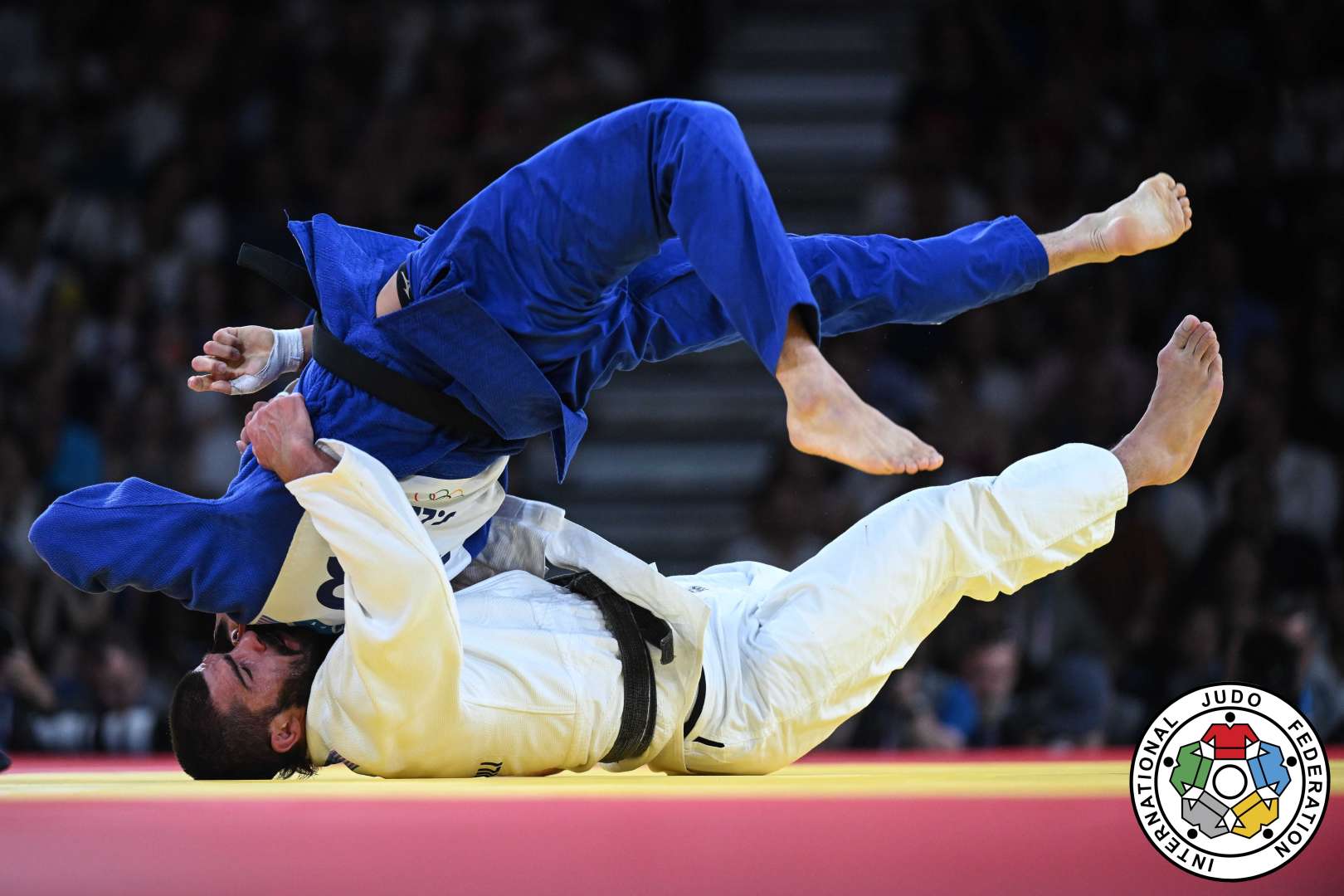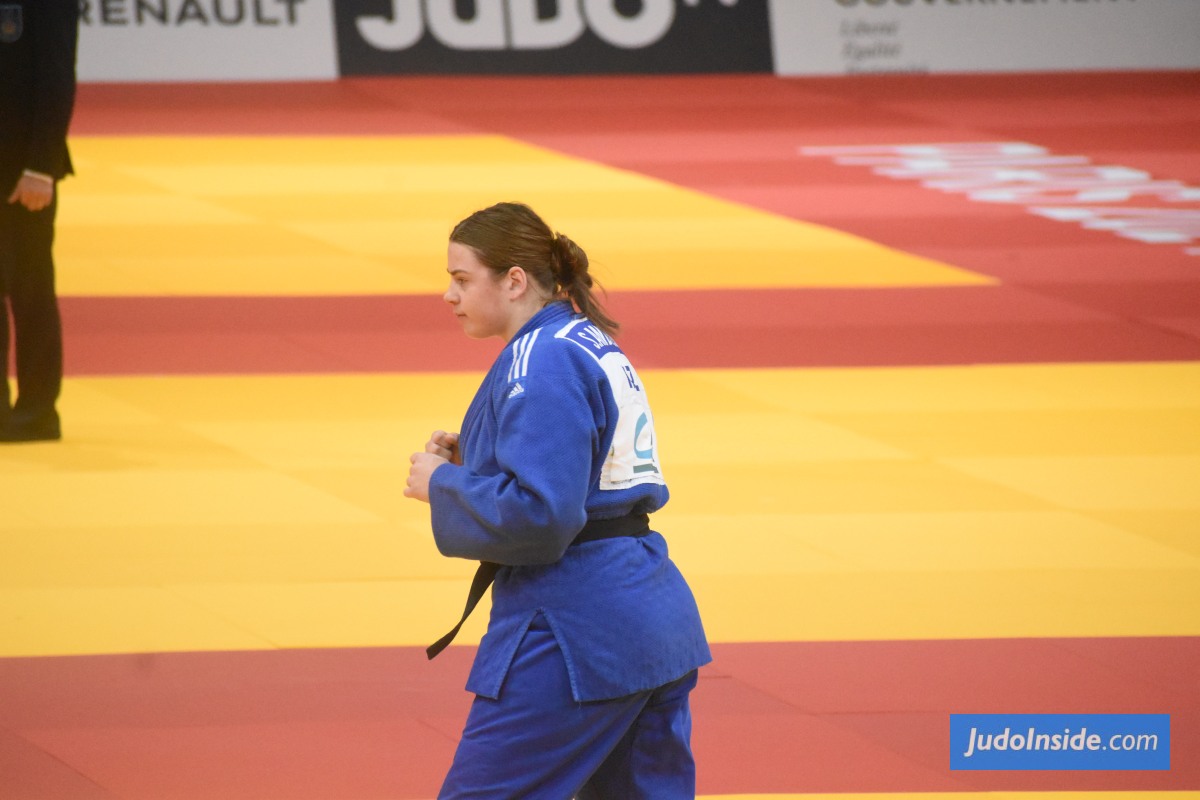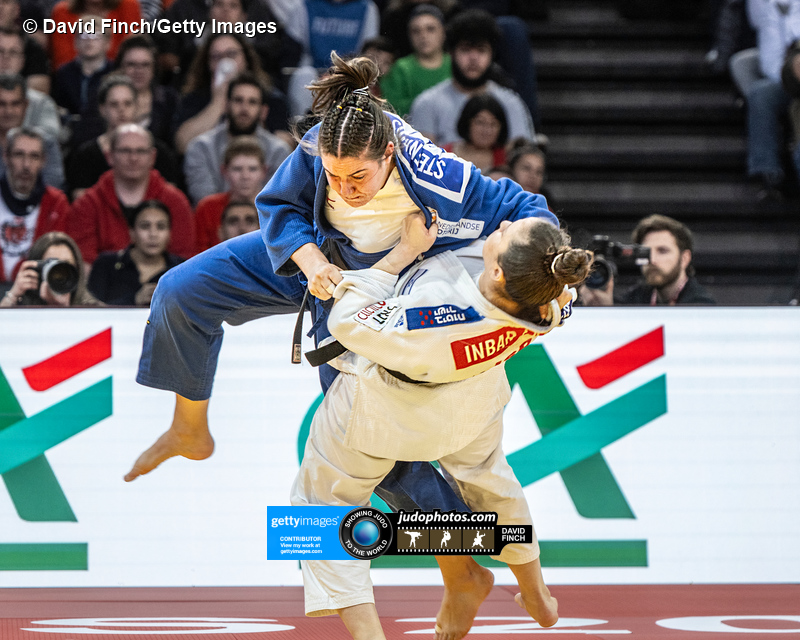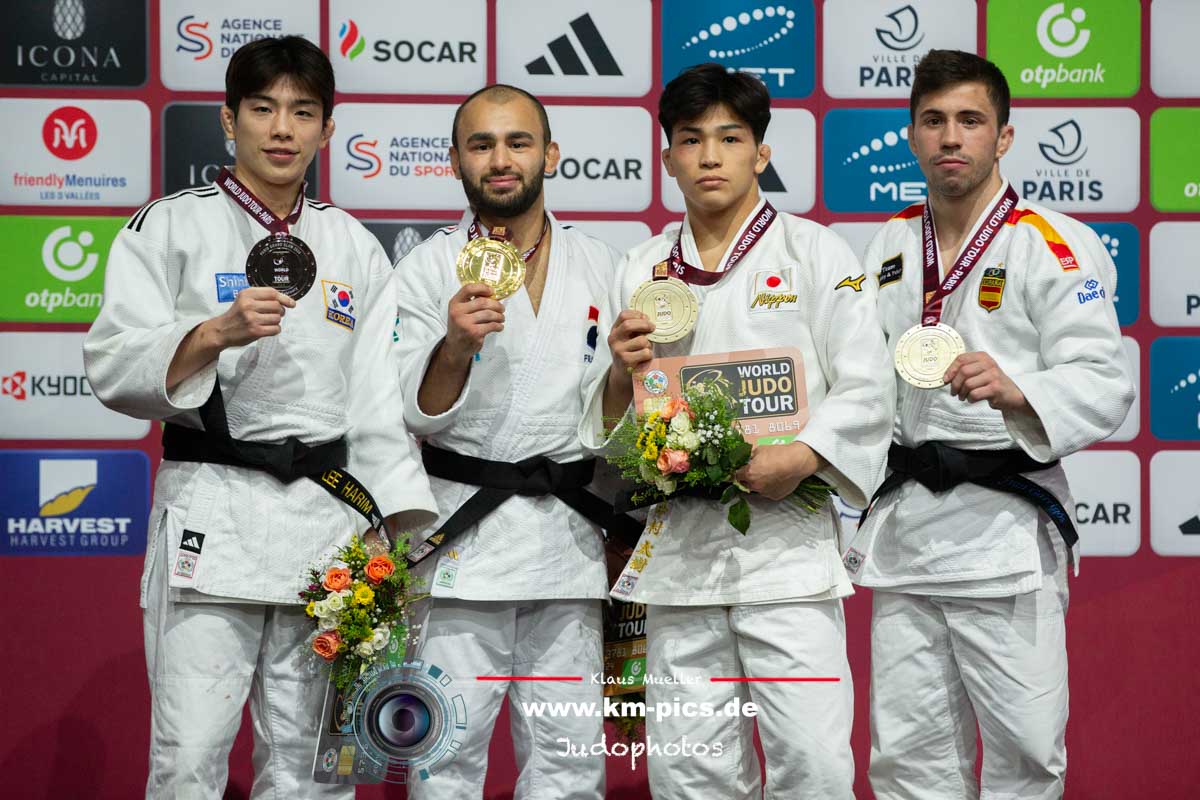Mental health more than ever indicator to predict judo results
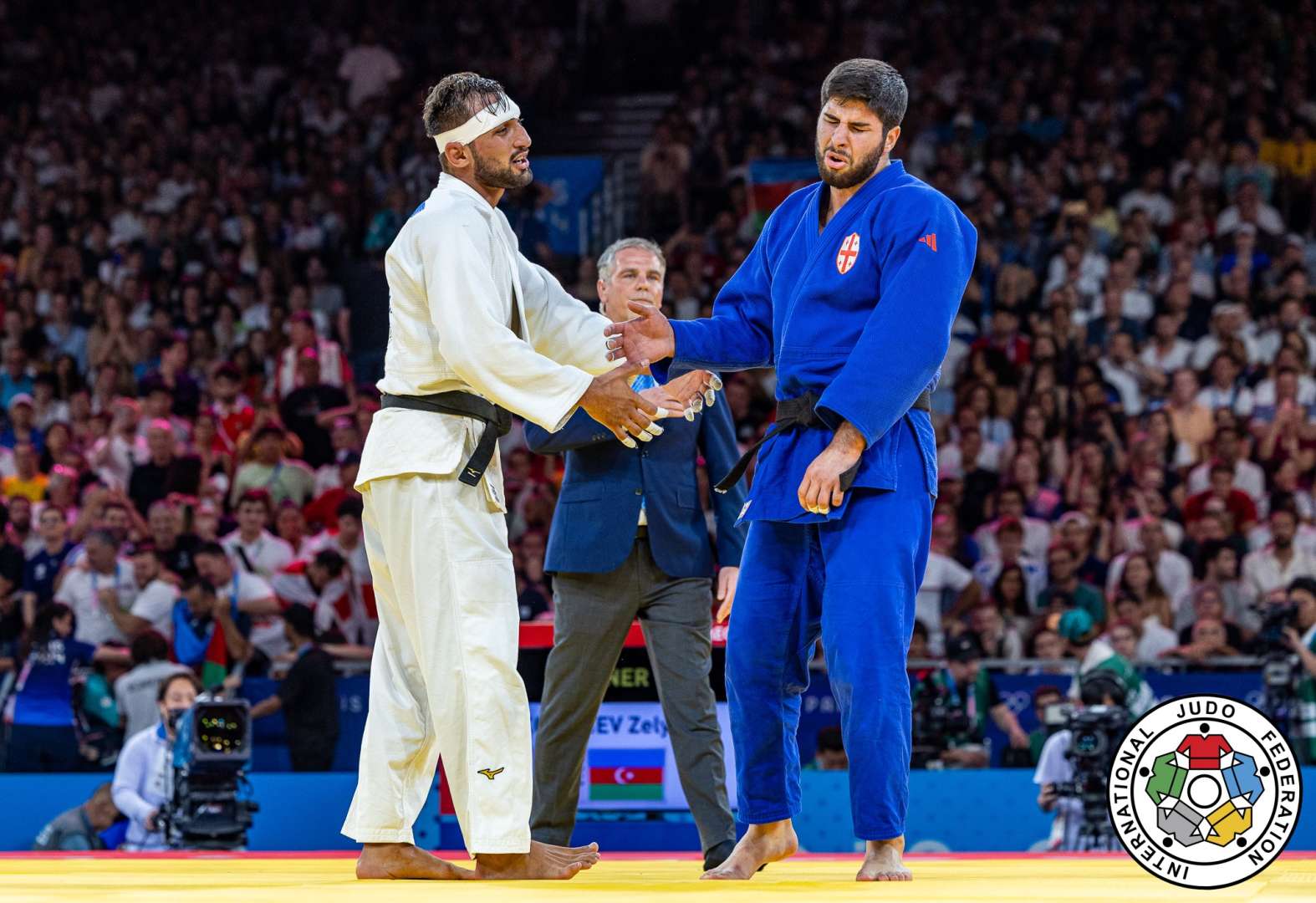
 27 Aug 2024 14:05
27 Aug 2024 14:05

 IJF Emanuele Di Feliciantonio / International Judo Federation
IJF Emanuele Di Feliciantonio / International Judo Federation
The Olympic Games in judo highlighted the increasing significance of mental health as a key factor in predicting outcomes, especially in a sport as unpredictable and intense as judo. The tournament saw a number of surprises in the early rounds, where even top favorites struggled to maintain their composure under pressure. As the competition progressed, it became evident that mental resilience was as crucial as physical prowess.
In the men's U100kg category, the final match between Georgia's Ilia Sulamanidze and Azerbaijan's Zelym Kotsoiev exemplified this. Sulamanidze came out strong, full of energy, while Kotsoiev managed to keep his composure in the face of his opponent's aggressive tactics. The match, which many saw as a gamble in terms of who would win, ultimately hinged on the penalties—an aspect where mental sharpness is crucial. Sulamanidze, despite his early success, fell victim to three penalties, leading to his disqualification and handing the victory to Kotsoiev. This outcome highlighted how a momentary lapse in strategy or focus, particularly under pressure, can cost an athlete the highest prize.
The U100kg category was filled with unpredictability, with several top contenders, Gennaro Pirelli, Jorge Fonseca, and Shady El Nahas, all exiting in the first round. The competition was likened to a room of gokkasten, where any outcome seemed possible. Kotsoiev's victory was a testament to his ability to stay mentally disciplined throughout the competition, especially when the stakes were highest.
Even seasoned champions like Aaron Wolf, the reigning Olympic champion, could not withstand the mental and physical demands, suffering a second loss in the repechage. In contrast, Kotsoiev's focus and strategic approach led him to secure Azerbaijan's second Olympic gold in judo, marking only the third in the country's history.
Other notable performances included Swiss judoka Daniel Eich, whose form had been building throughout the year. Eich's sportsmanship and resilience were on full display during his bronze medal match against Israel's Peter Paltchik, who ultimately prevailed in golden score. Uzbek judoka Muzaffarbek Turoboyev also delivered a strong performance, securing bronze against Spain's Nikoloz Sherazadishvili, another former world champion.
In retrospect, the mental strength of the medalists stood out as a decisive factor. Sulamanidze's critical error, where he abandoned his aggressive strategy for a more defensive approach, underscored the fine line between victory and defeat at this level. Kotsoiev's journey, from representing Ukraine to switching allegiance to Azerbaijan in 2015, was driven by a clear vision of Olympic success. His ability to visualize and execute his goals, combined with his mental fortitude, ultimately led to his historic victory, solidifying his place as one of the greats in judo.
In a sport where the margin for error is razor-thin, mental health and psychological preparedness have proven to be just as essential as physical skill, and perhaps the true recipe for Olympic success.
 like
like
 share
share

| Result | City | Date |
|---|---|---|
| 2 | Paris | 2024 |
| 1 | Abu Dhabi | 2024 |
| 1 | Zagreb | 2024 |
| 3 | Belgrade | 2023 |
| 2 | Montpellier | 2023 |
